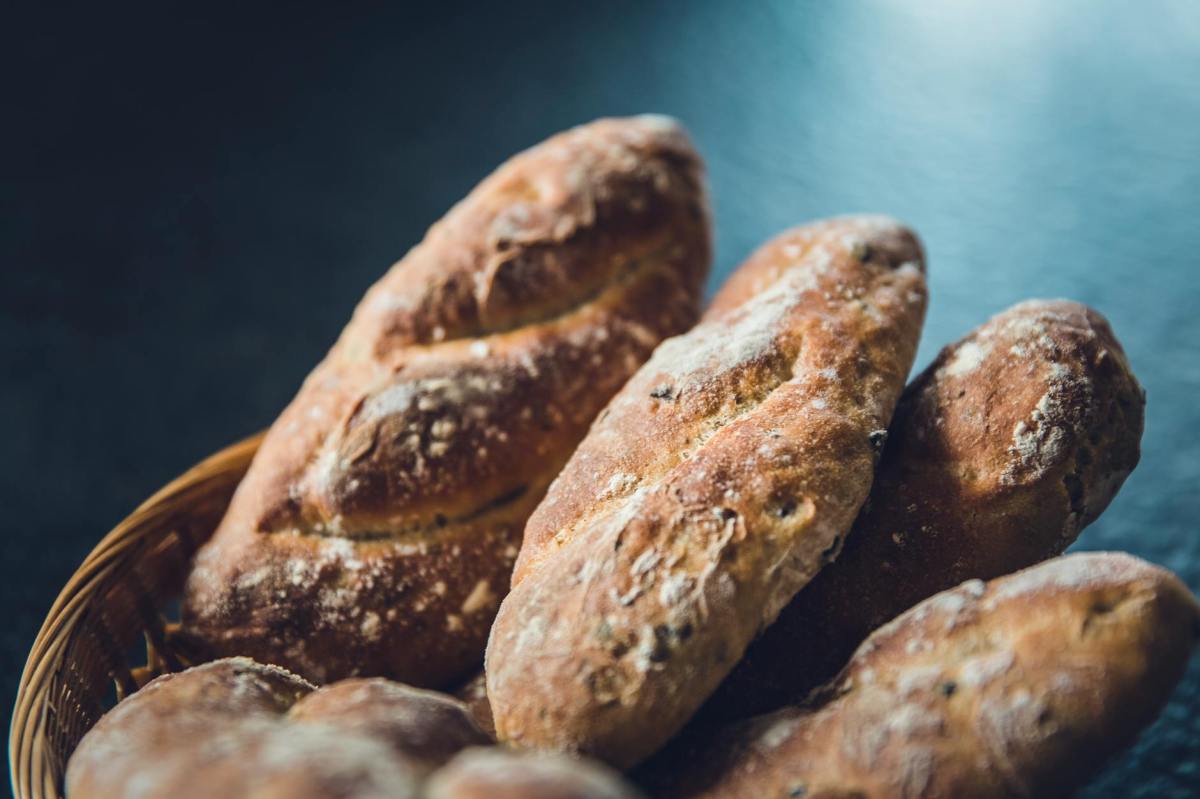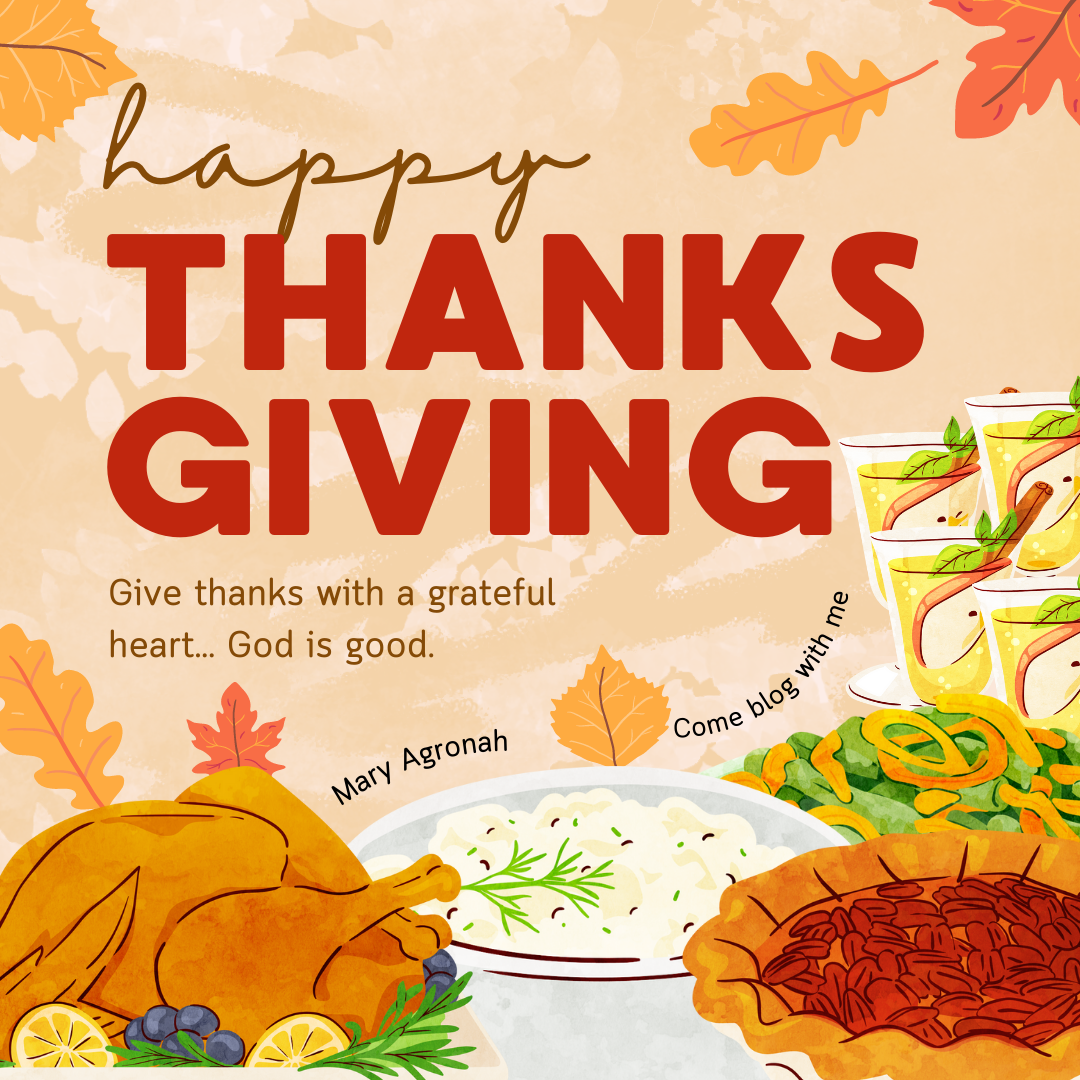Every organisation is susceptible to internal conflict if compliant, quarrels and disputes are not managed and dealt with in a timely and well-organized manner. No matter how minute a complaint, a quarrel or a dispute is, if left unhandled, it has the likelihood to become a big albatross around the organisation’s neck. No wonder most organisations have specialized departments that focus on human resources and public relations. It is important that the internal temperature of the organisation is well-controlled so that it affects the public image of the organisation. Dealing with issues that hinder the growth and development of a group is therefore necessary for the overall well-being of the group. The early church had an exponential growth that attracted people of all backgrounds. As the church became more diverse, their needs also became diverse. A complaint arose in the church concerning food distribution. Let’s see how this was handled.
Brothers and sisters, choose seven men from among you who are known to be full of the Spirit and wisdom. We will turn this responsibility over to them (Acts 6:3)
According to Acts 6:1, “In those days when the number of disciples was increasing, the Hellenistic Jews among them complained against the Hebraic Jews because their widows were being overlooked in the daily distribution of food.” First, the complaints arose as a result of church growth. The diverse congregation demanded diverse attention. The Hellenistic Jews had an issue: their widows were not ignored in the daily food distribution. This complaint was raised specifically against the Hebraic Jews. First we need to understand that the Hellenistic Jews were made up of Jews who spoke Greek and adopted to some extent, the Greek way of life. The Hebraic Jews were traditionally Hebrew speaking Jews. Important to note is that Greek was a dominant language and culture during the time of the New Testament. In this complaint, we see cultural neglect and discrimination. This matter, if not dealt with, could have jeopardized the growth and development of the church. The apostles understood this and they immediately put measures in place to resolve the issue. What was the apostles’ resolution?
First, the apostles understood that if they do not delegate the responsibility of food distribution, it might affect their ministry. They knew that although sharing food is good, they as apostles would be more productive if they were committed to their own call. In Acts 6:2, the Twelve gathered all the disciples together and said, “It would not be right for us to neglect the ministry of the word of God in order to wait on tables.” After identifying this, the second step was to create a separate department for food distribution. This department had specific requirements for the workers. In Acts 6:3, the apostles made this suggestion: “Brothers and sisters, choose seven men from among you who are known to be full of the Spirit and wisdom. We will turn this responsibility over to them.” To qualify as a food distributor, the appointee should be known to be full of the Spirit and wisdom. This credential is important as Spirit-filled and wise distributors are likely to know and understand the needs of all the different people groups in the church. One might wonder why food distributors needed to be anointed and wise. In the house of God, nothing is mundane. Even food distribution is a ministry that requires specific attention.
The suggestion of the apostles was accepted in good faith. Their proposal pleased the whole group and they chose Stephen, a man full of faith and of the Holy Spirit; also Philip, Procorus, Nicanor, Timon, Parmenas, and Nicolas from Antioch, a convert to Judaism (Acts 6:5). Those chosen were presented to the apostles, who prayed and laid their hands on them (Acts 6:6). What was the result? The word of God spread and the number of disciples in Jerusalem increased rapidly, and a large number of priests became obedient to the faith. (Acts 6:7).
When we respond to internal conflicts in a timely manner, it results in safe conduct and peace within an organisation. Don’t ignore any complaint, show concern, try as much as possible to resolve issues and don’t allow any internal complaints to become an external disaster. Fix your backyard before it gets too busy to control.









